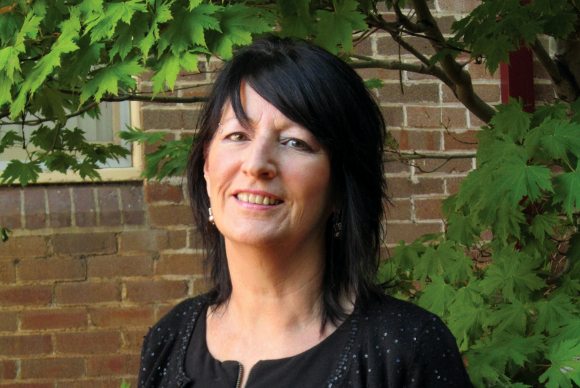
Phone Program Improves Social Engagement
Associate Professor Helen Stain

Mental Health Research Grant
University of Newcastle, NSW
“Improving social engagement of rural ‘at risk’ youth: A randomised effectiveness trial of a telephone delivered Cognitive and Dialectical Behaviour Therapy intervention”
“Adolescence is a period of rapid physical, emotional and social growth – the establishment of a stable identity, mastery of personal relationships and the achievement of major educational and vocational goals. However, many young people lack the socio-emotional skills necessary to successfully negotiate the transition through adolescence, and are at increased risk of disengaging from education, family and community.
Once disengaged, youth are at risk of a range of adverse outcomes such as reduced social and community participation in young adulthood and beyond. Much of this social disadvantage could be avoided if disengaged youth had access to effective prevention and early intervention programs.
This is the first clinical trial to investigate the efficacy of a telephone delivered Social Wellbeing and Engaged Living (SWEL) intervention for improving the social engagement, emotional health and wellbeing of disengaged rural youth.
SWEL will increase access to effective early intervention for disengaged rural youth by fostering positive social and emotional skills in adolescents and promoting health-enhancing lifestyles. It will facilitate the resumption of education, training or employment and enhance the social inclusion of disengaged youth.
This study was a pilot study involving 27 young people, and has since received funding from NHMRC to 82 youth ages 12-25 years, including Aboriginal youth. Australian Rotary Health is proud to provide a launching pad for significant studies like this one.”
Co-Investigators: Associate Professor Amanda Baker, Associate Professor Christopher Jackson, Dr Leanne Hides, Professor Rhoshel Lenroot, Dr Georgie Paulik & Professor Patrick McElduff